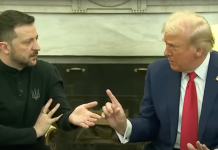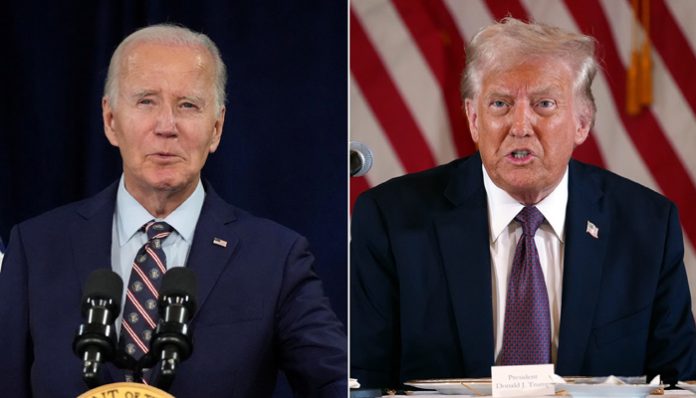
An analysis of Trump’s leadership style and decisions on immigration and pardons.
Presidential Authority or King-Like Power?
Former President Donald Trump’s actions during his time in office have sparked much debate. From his controversial immigration policies to his bold decisions regarding pardons, many have questioned whether Trump behaved more like a monarch than a democratically elected leader. His policies on immigration, especially related to illegal immigrants, and his use of executive powers suggest a leadership style that often blurred the lines between president and king.
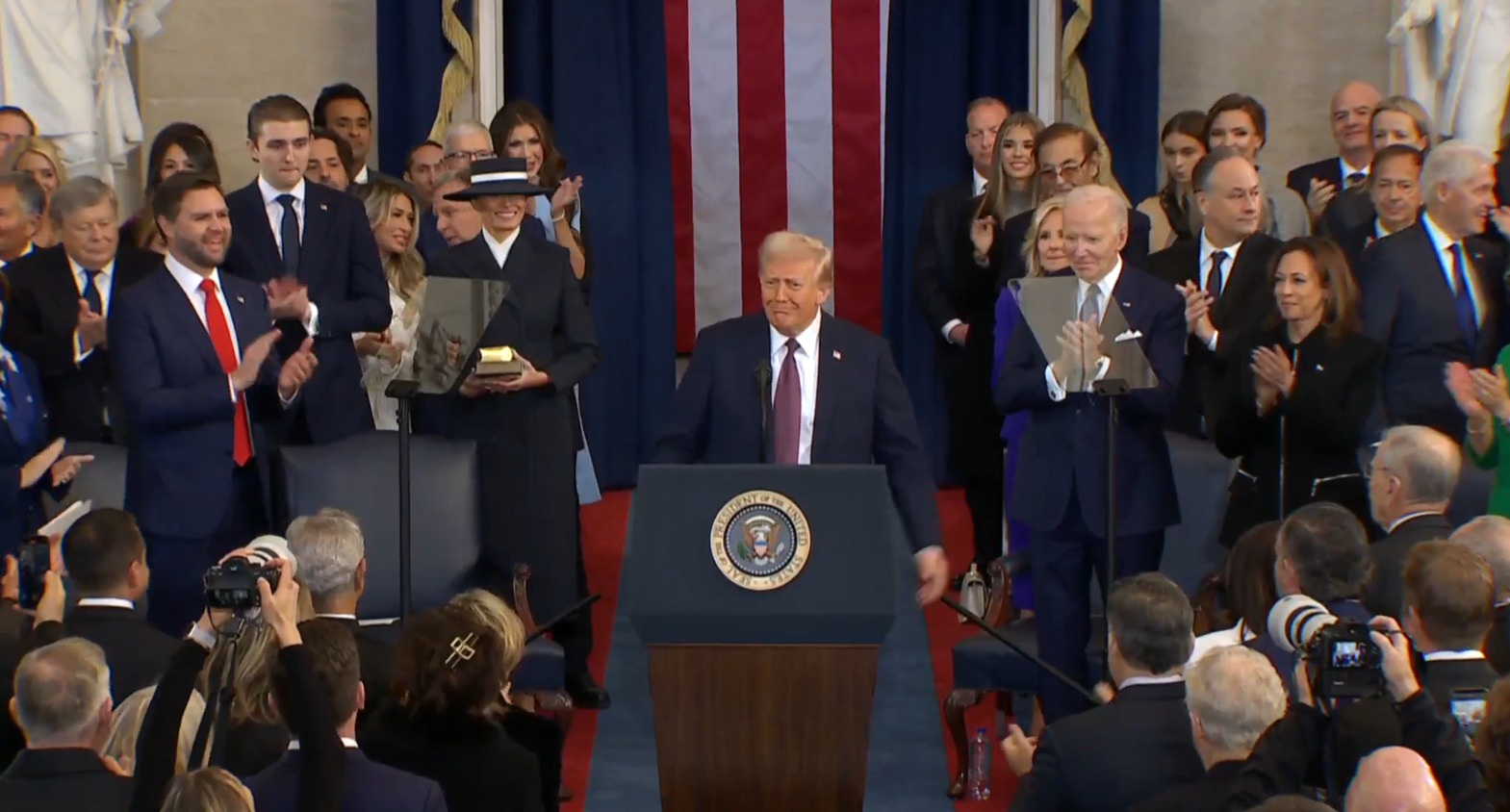
Illegal Immigrants: Fear and Favor in Trump’s Eyes
- Trump’s View on Illegal Immigrants
One of Trump’s most controversial stances was on immigration. He often positioned himself as a defender of American borders, pushing for harsh immigration policies. However, his pardoning of individuals involved in the Capitol Hill attack raised questions about his priorities. If he could pardon those who attacked the U.S. Capitol, it begs the question: how does he view illegal immigrants with no criminal records? Perhaps they appear more innocent in his eyes. - The Public’s Demand for Action
Many U.S. citizens feel strongly that criminals should not be allowed to remain in the country, especially those who are in the country illegally. There is significant pressure to deport individuals who have committed crimes, and it is a sentiment that many Americans demand be taken seriously.
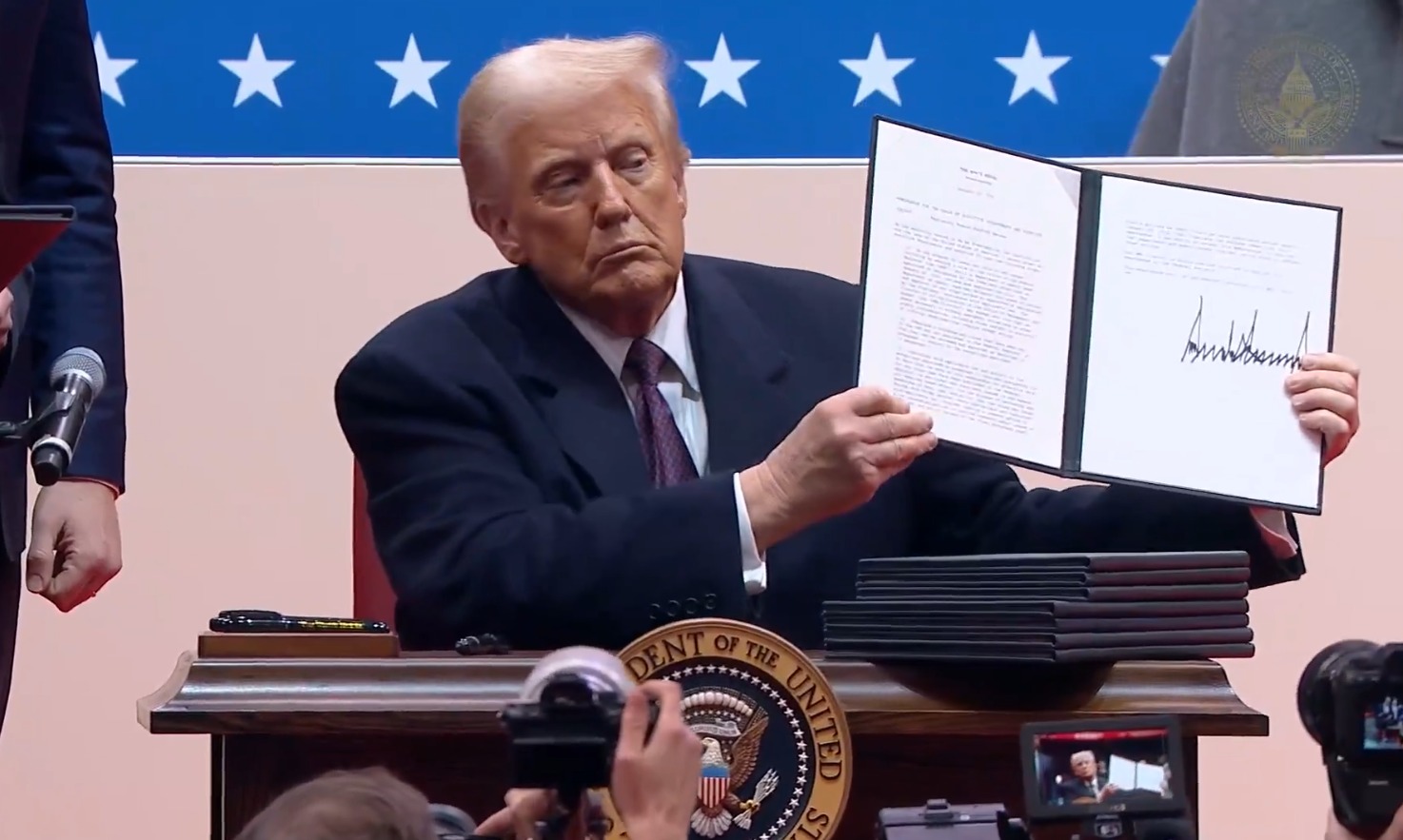
- India’s Role in Welcoming Back Immigrants
Just as some nations are closing their doors to illegal immigrants, India is reportedly ready to accept back those who are residing illegally in the U.S. Indian Prime Minister Narendra Modi and the ruling BJP party are in favor of sending Bangladeshi immigrants back to their home country, suggesting a similar stance for their citizens abroad.
The H-1B Visa Holders’ Plight: Shattered Dreams of Citizenship
- H-1B Visa Holders and Birthright Citizenship
The situation for some immigrants in the U.S. has become more complicated. H-1B visa holders, many of whom had planned to have children in the U.S. and secure citizenship for them at birth, now find themselves with shattered plans. Trump’s executive orders limiting citizenship rights by birth challenged the previous interpretation of the 14th Amendment, particularly concerning birth tourism.
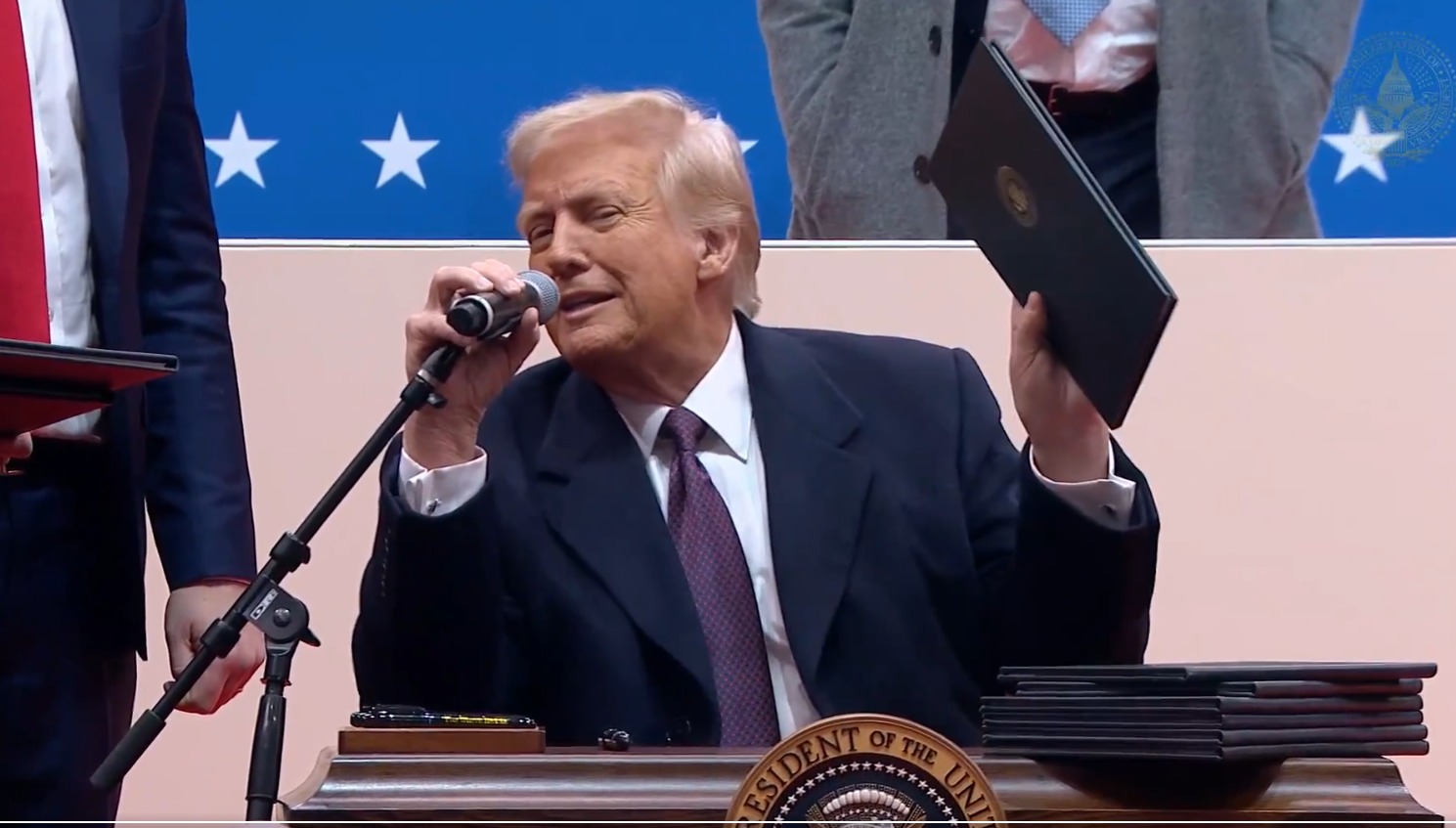
- Legal Challenges to Trump’s Executive Orders
Trump’s stance on birthright citizenship was legally challenged by states governed by Democrats. As of now, courts are still addressing whether the president can overturn such long-standing laws regarding citizenship by birth.
Securing the U.S. Borders: Trump’s Legacy
- Trump’s Border Security Measures
One of Trump’s most significant achievements was his focus on securing the U.S. borders. He passed several key laws to tighten immigration policies and protect the nation’s sovereignty. His stance against illegal immigration and border security defined his presidency, and his administration made strides in building the infamous border wall.
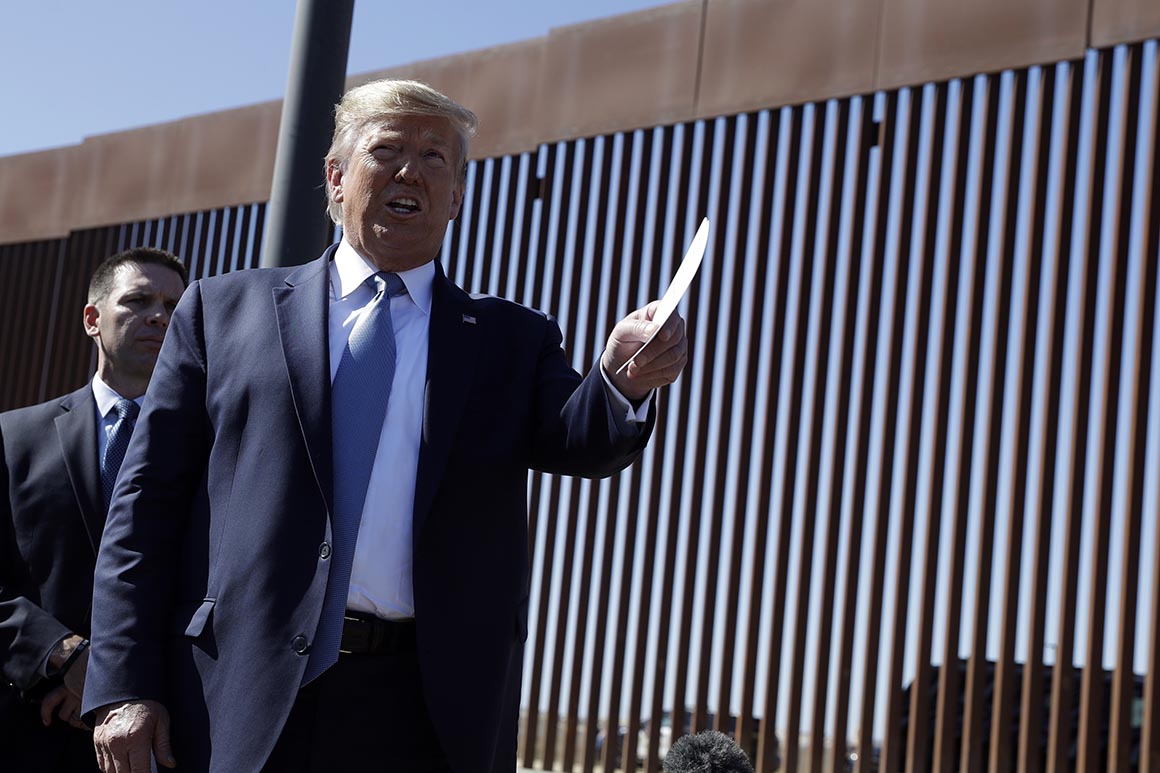
- The Repeal of Birthright Citizenship Law (1868)
Trump sought to end the longstanding practice of granting automatic citizenship to individuals born on U.S. soil. By targeting the law passed in 1868, Trump aimed to protect the meaning and value of American citizenship, arguing that birth tourism was being exploited. His order stipulated that for a child to gain citizenship by birth, one of the parents must be a U.S. citizen, a legal permanent resident (PR), or a member of the U.S. military.
The Politics of Pardons: A Double Standard?
- Biden Pardons Family Members, Trump Pardons Capitol Attackers
The issue of presidential pardons has also raised eyebrows. President Joe Biden, in the final moments of his presidency, issued pardons to family members who had been the targets of partisan attacks. While Biden exercised his constitutional right, many criticized him for using his power to protect close allies. On the other hand, President Trump’s decision to pardon individuals involved in the January 6th Capitol attack created shockwaves across the political spectrum.
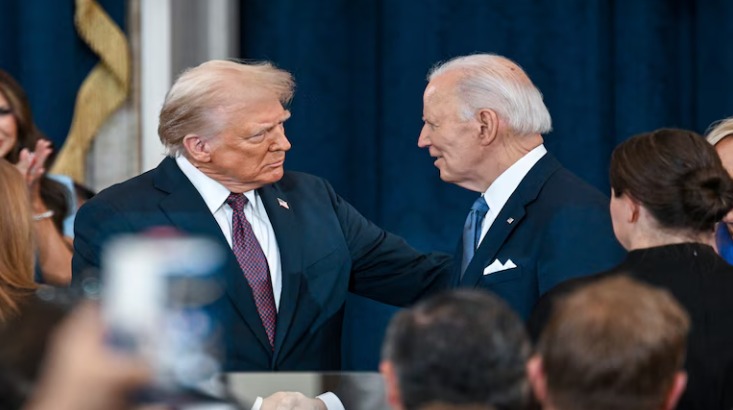
- Public Reaction: Is There a Double Standard?
Trump’s willingness to pardon the individuals who stormed the Capitol in 2021 surprised many of his supporters. It was seen as an endorsement of lawlessness by some and a strategic move by Trump to maintain loyalty among his base. The contrast between Biden’s pardons for family members and Trump’s pardons for rioters has sparked a discussion about the ethical use of presidential pardon power.
The Legacy of the War-Time Law: The Alien Enemies Act of 1798
- The Law Trump Might Have Used
A lesser-known historical precedent that Trump might have invoked is the Alien Enemies Act of 1798. This law, enacted during the war with France, gave the U.S. government the authority to deport or detain non-citizens deemed a threat to national security during times of war. It was used most notably during World War II to detain individuals from countries with whom the U.S. was at war, such as Germans and Italians. - The Law’s Relevance Today
Critics argue that the modern application of such laws could be dangerous, as it could allow the government to target specific groups of people. However, in the context of Trump’s aggressive stance on immigration and national security, this law might have been a tool he could have used to address illegal immigration and terrorism concerns.
Conclusion: A Presidential Style Like No Other
Donald Trump’s presidency was marked by bold decisions that often seemed to sidestep traditional political norms. His policies on immigration, his use of executive orders, and his controversial pardons have left a lasting impact on U.S. politics. While some view him as a president who used his powers to secure the nation, others see a leader who acted with a king-like authority. Either way, Trump’s legacy will continue to provoke discussion for years to come.

